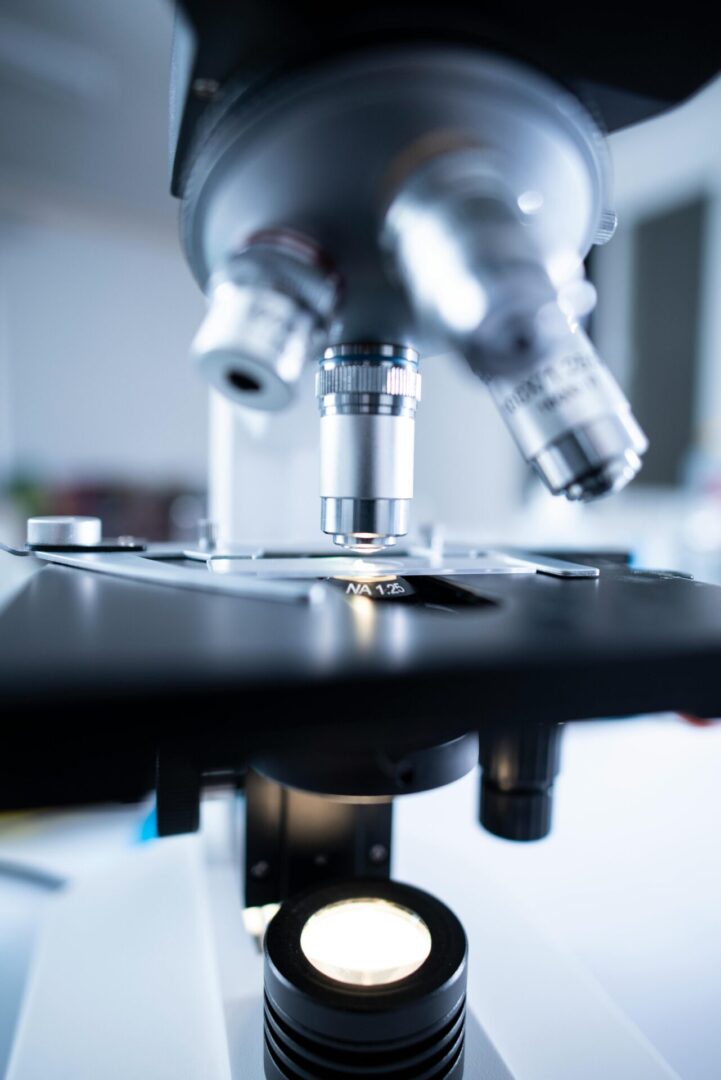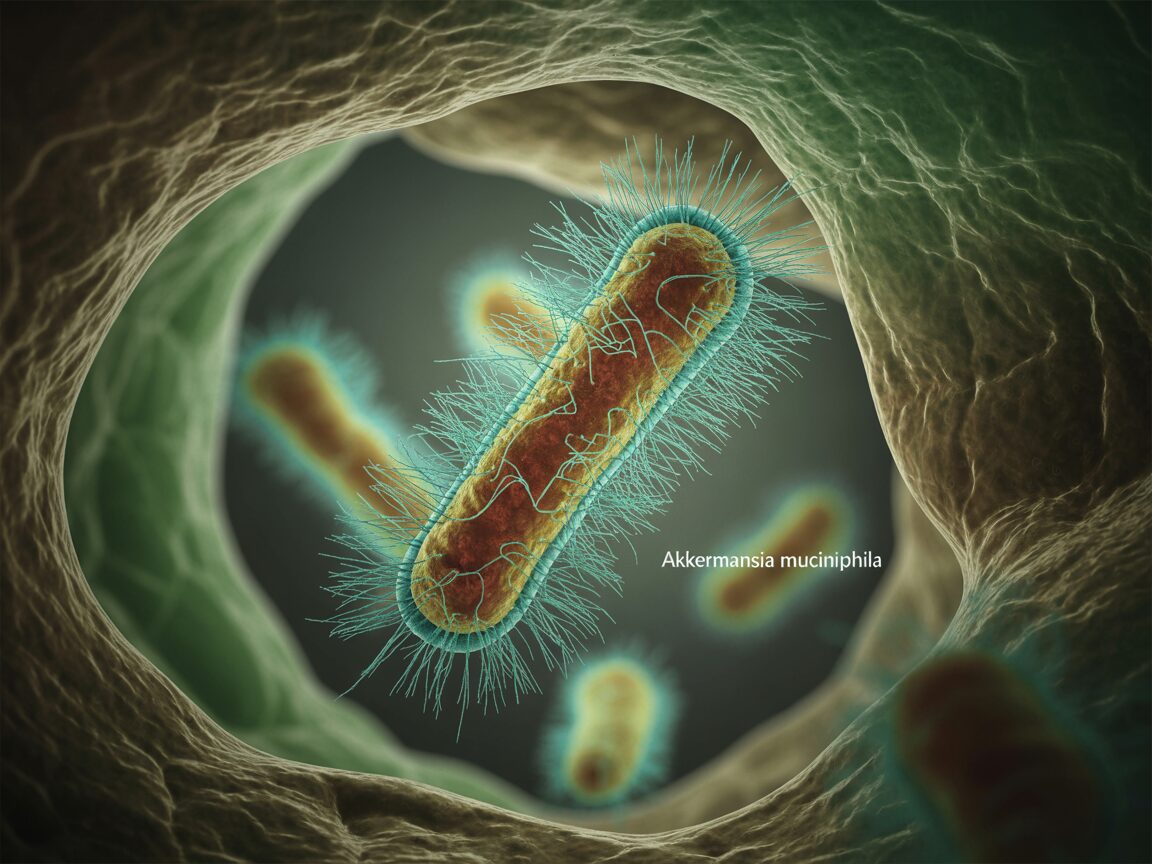What the Heck is Akkermansia Muciniphila? A Gut Health Discovery Guide
…and does it have anything to do with my weight?
That was probably a mouthful, mainly because there is a strong possibility you have never even heard of this combination of words before. There’s a lot to discuss about this, but the origins of its name might be the best place to start. All things considered.
Akkermansia muciniphila is the genus and species of a type of beneficial bacteria that are meant to be found in your gut microbiome. Antoon DL Akkermans, the biologist who first identified this genus, is credited with doing so. As a result, he probably gets his name associated with a gut bug for—well—ever.
That takes care of the Akkermansia portion. Now for the rest. Muciniphila means “preferring mucin,” which is a substance located in the intestinal barrier of the GI microbiome. Akkermansia’s presence (or lack thereof) directly indicates how thick or thin that layer of the intestinal barrier is because it feeds off of the mucin.
Even though it is one of the most prevalent species of beneficial bacteria found in the GI, it has only recently received its due. This may have been because until recently, nobody could encapsulate her for microbiome inoculation, much like they do for Lactobacillus and Bifidobacterium strains, which are commonly found in probiotics (NIH on Akkermansia).
Despite this, she is one powerful workhorse, and her existence should be remarked on far and wide!
Understanding Akkermansia: The Key Gut Bacteria for Weight and Immunity
Much of the emerging research about Akkermansia focuses on its role in glucose (blood sugar), lipid (fat) metabolism, and intestinal immunity. The study shows that the more weight you have, the higher your blood pressure, cholesterol, or fasting glucose test, the lower the amount of Akkermansia located in the gut. This is how she is involved in weight and metabolic syndrome. Also, might it not be such a coincidence that Metformin, an anti-diabetic drug, actually increases the amount of Akkermansia in the gut (Diabetes Care Journal)?
So, if it has only recently been encapsulated yet is super important, how did we get it before? Or better yet, where did it go?! Great question! The sad reality is that we live in a world obsessed with hygiene. Make no mistake, humans should definitely wash their hands when switching tasks and greet others after doing so, but this obsession is actually killing us slowly but surely.
 How Akkermansia Supports Metabolism and Gut Barrier Health Naturally
How Akkermansia Supports Metabolism and Gut Barrier Health Naturally
Babies develop in utero with a completely sterile digestive tract; it is only until the baby is born and travels through the mother’s vaginal canal that they receive all the beneficial flora from the mom to help establish the foundations of a healthy life ahead. But, enter antibiotics, which are very much overprescribed in this day and age, environmental toxins, and processed foods.
All of these contribute to the degradation or eradication of beneficial microbes in the gut, not excluding Akkermansia. Before the encapsulated form, her preservation was contingent upon the individual consuming foods that feed her and promote her growth. For those who might not be interested in trying the capsule, consider incorporating these foods into your diet to encourage her growth:
Red foods such as grapes, pomegranates, cranberries, and raspberries
Fruits rich in polyphenols: blueberries, blackberries
EGCG, a potent polyphenol found in green teas and especially matcha
Tannins are another polyphenol often found in coffee and black teas.
Some of these foods are also known to help lower elevated blood pressure. Might the increase in Akkermansia pose an additional mechanism for doing so? While I prefer to limit the amount of testing a patient must endure and utilize my clinical experience to compile a treatment plan, it is fair to let you know that there are stool tests that don’t just test for pathogenic organisms.
I work with specialty lab companies that put out products that also look at the microorganisms we’re meant to have in our gut. This helps to create more targeted therapies. But, the moral here is that if you’re experiencing issues with weight gain but all of your other markers “look good,” consider Akkermansia the missing piece to your healthcare puzzle!


 How Akkermansia Supports Metabolism and Gut Barrier Health Naturally
How Akkermansia Supports Metabolism and Gut Barrier Health Naturally